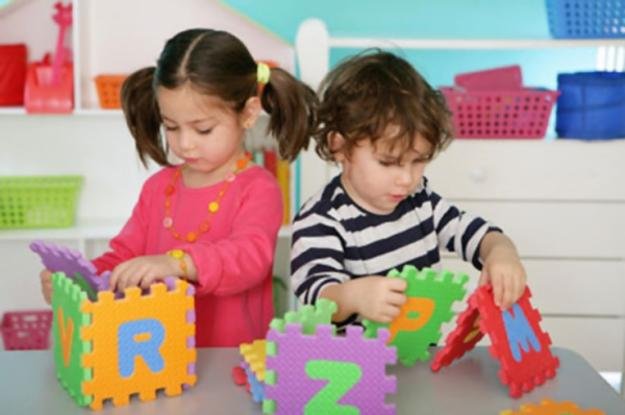How to motivate children to learn

When entering a classroom of Early Childhood Education, it is easily perceived that in the first years of their school education, boys and girls learn through a variety of activities in which games abound. These games are the key to how to motivate children to learn, since what counts is having fun, socializing and learning without realizing it.
Children should be taught from an early age, to fulfill their obligations so that they can transmit good habits, as they are a reflection of what they have learned. The education provided by the educator will be an example to follow, becoming a determining factor in their development, since it allows them to be autonomous and disciplined.

Keys to motivate children to learn:
The perception of the result by the students, with clear effects on their motivation, will depend on the information that the reference adults will give about this result. These are the points that we must take into account when providing students and children with realistic feedback on their results and, therefore, maintain their motivation to learn:
- Encourage the process of metacognition, that is, the ability to reflect on the way of learning, the style of each one and the consequences of all this on learning and results. The product of this reflection should be the adoption of effective strategies to solve problems, instead of the approach by "trial and error", which eliminates the student's perception of lack of control, "pure luck" and increases their self-esteem.
- Correct and coherent communication of expectations. We must take care of the body language so that it does not contradict the verbal language, and try to describe the results more than just praise or criticism.
- Keep in mind that repeated criticism without any guidance can lead to the "Pygmalion effect", that is: the student will behave as he thinks he is expected, since adults think he has no capacity, will be demotivated and will not show of what he is capable of.
- Avoid emitting praise or praise without further ado. This can have counterproductive effects: in some cases it is enough for a child to receive a sign of approval from the teacher or his parents, so that he or she stops in his activity or produces a disruptive or provocative behavior. It is more effective to tell a student that he is doing his work correctly and to indicate his progress by pointing out what the praise is based on (the objective evidence on which the statement is supported) as a reward for their effort, which has a positive effect on their intrinsic motivation (the one that comes from within the student).
- Work with students or sons and daughters the correct attributions and beliefs, that is, make them see the real value of success (as an opportunity to know and as steps passed towards a goal instead of how the person triumphs or indicator of their intelligence) and failure (as solvable failures instead of uselessness); and attribute successes or failures to objective causes, usually effort and dedication.
- Adjust the type of tasks and challenges that are proposed to students for their learning to their real capacity. If they are out of their capacity, they will produce frustration and demotivation, if they are too easy or do not constitute a challenge, they will demotivate and bore you. Thus, it is very important that it is adapted.
How to help unmotivated children with studies?
-Encourage reading.
-Encourage children in the dance.
-Encourage in mathematics.
-Encourage in sports.
-Stimulate in the learning of music.
Being an educator is a great job, and as such, we must promote one of the most important values as it is, that of responsibility, since we must achieve responsible citizenship.